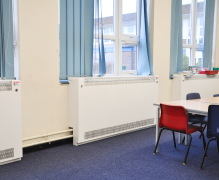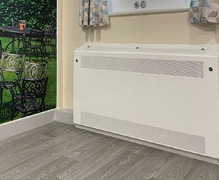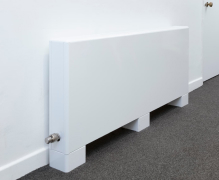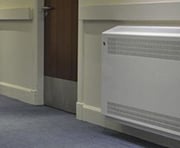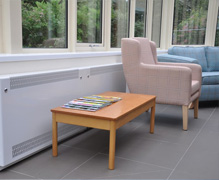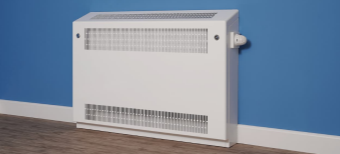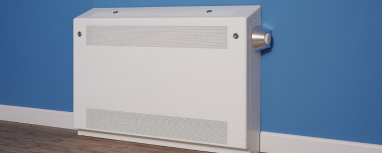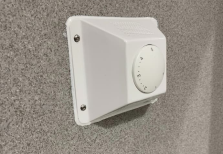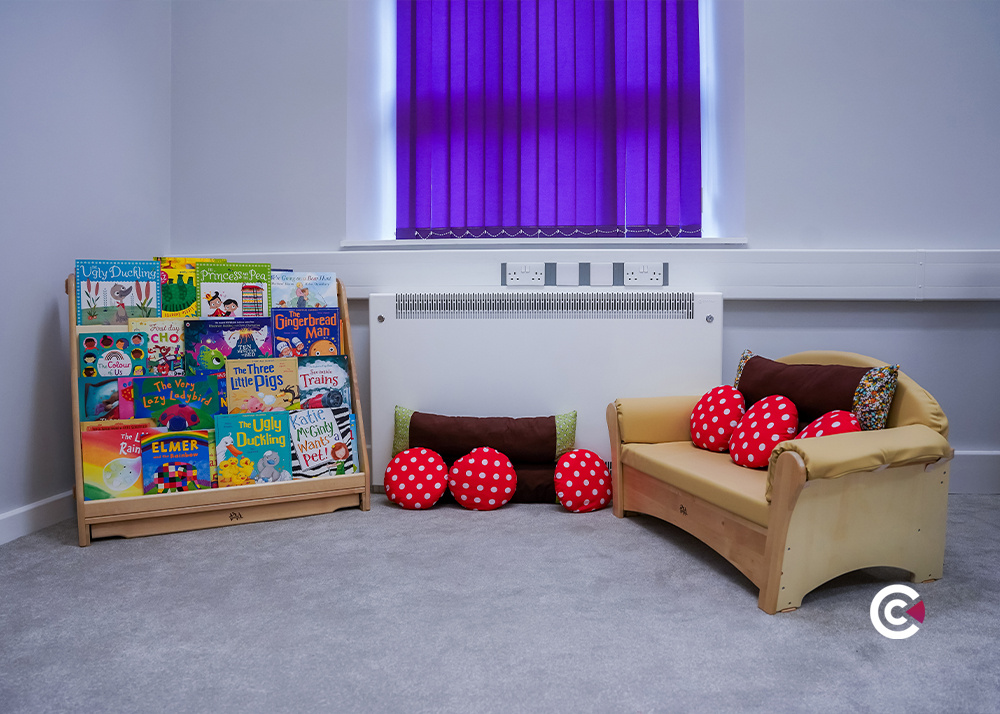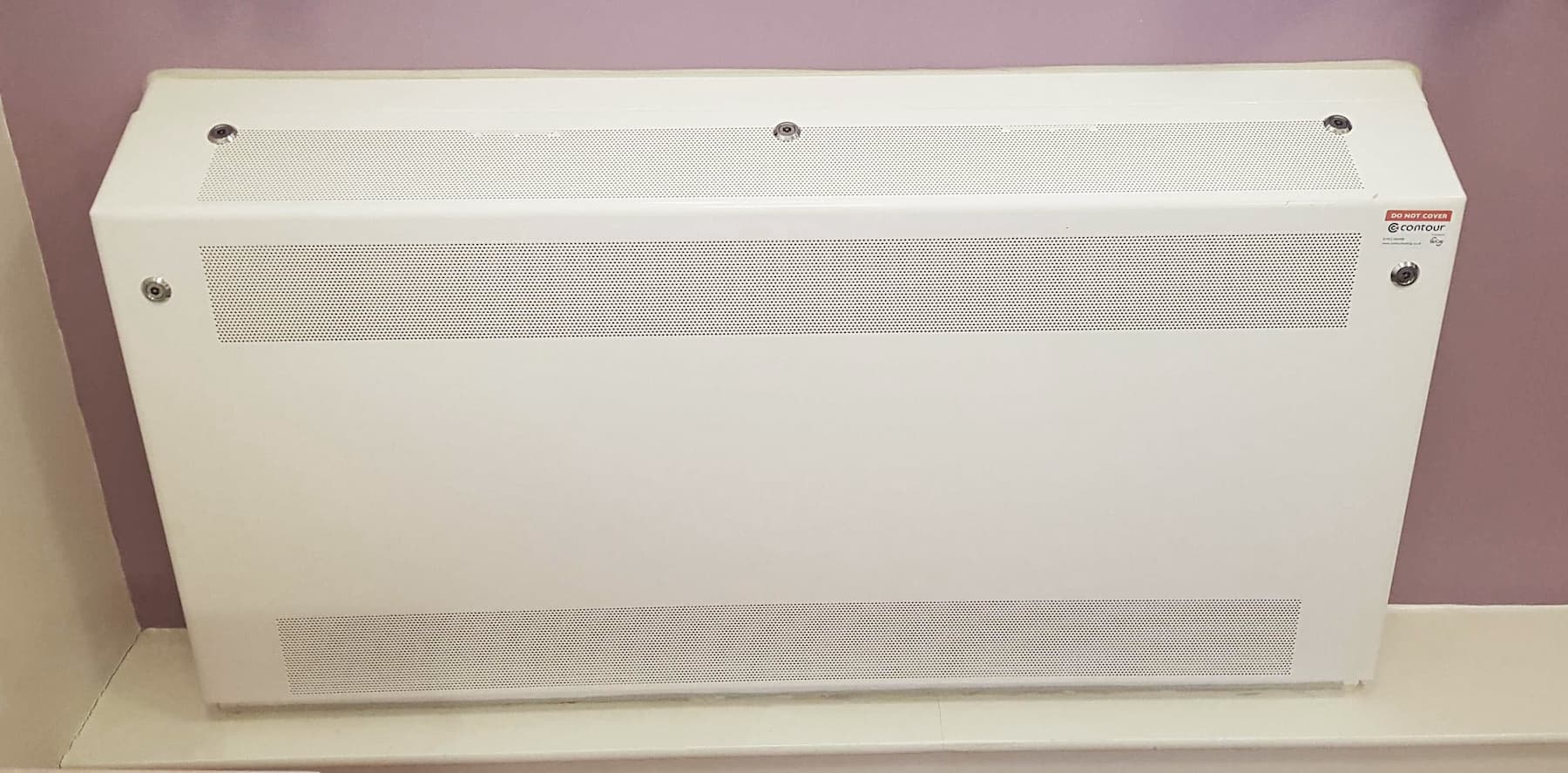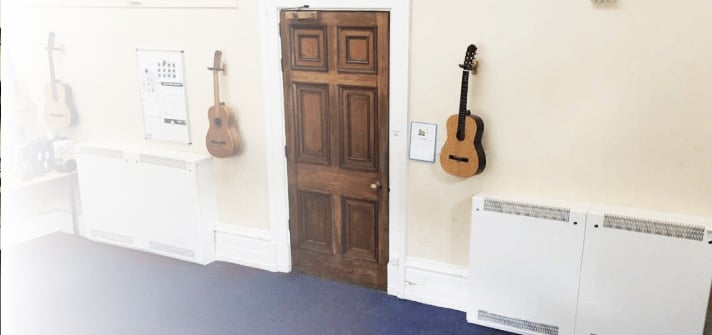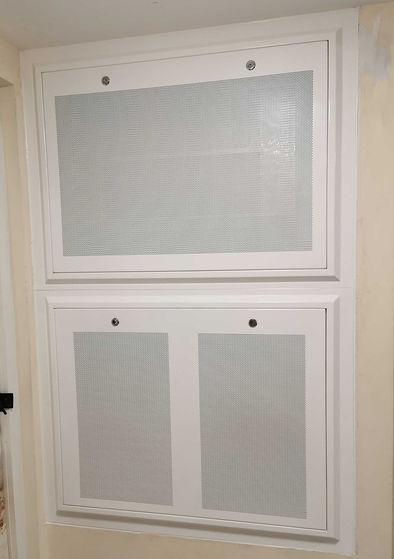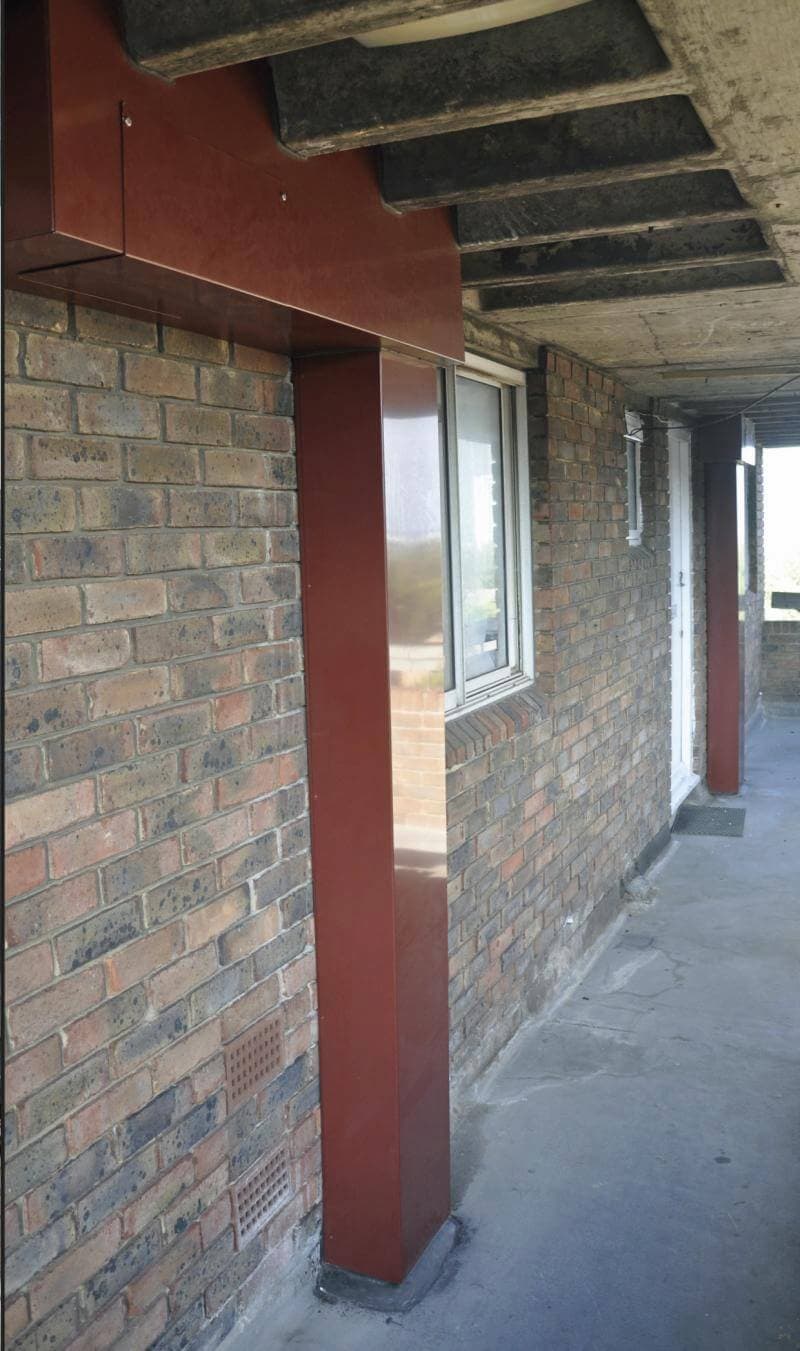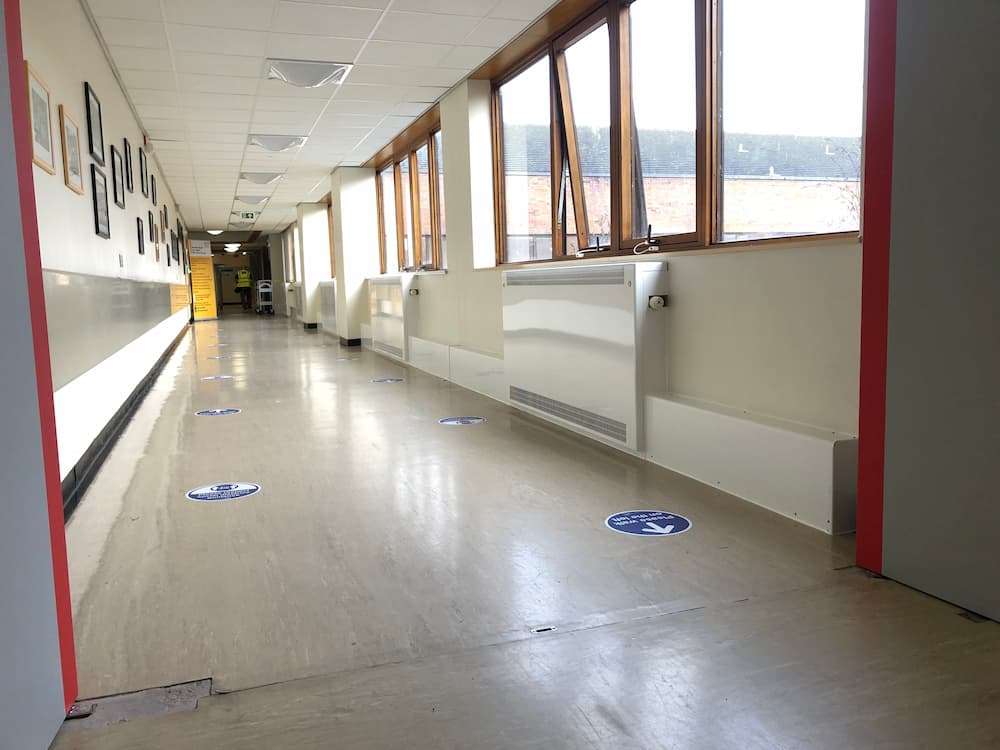If you’ve read any of our recent blogs, you’ll be aware of the alarming statistics involving suicide in mental health settings, and how many of these suicides can be attributed to hanging.
It’s a sad fact that those receiving psychiatric treatment are often looking for opportunities to self-harm, or worse. Every inch of a room is considered as a means to cause damage to themselves or the environment around them.
The result of this has clinicians, estates professionals and specifiers to consider ligature risks when re-designing or upgrading a mental health facility.
Today we’ll be exploring some of the less-obvious dangers that’ll prove why anti-ligature products are an essential resource.
5 Hidden Dangers
1. Weaponisation
Many Service Users will look to vandalise furniture to an extent where they can make weapons for self-harm, or demonstrate anger and frustration to others. This can be made easier for the Service User if there are ligature points, or poorly made and outdated furniture.
Anti-ligature products provide robust casings around some of the key ligature points found in mental health facilities. These include radiators, light switches, and televisions.
2. Ligatures Below The Head
It’s very easy to assume that hanging takes place above head-height. Whilst this is very true, studies show around 50% of hanging suicides are not fully suspended—ligature points below head level are commonly used.
The Care Quality Commission highlights that the risk posed by a ligature point is greater if the ligature point is between 0.7 metres and 4 metres from the ground, further demonstrating that ligatures which are not fully suspended pose the same risk to those which are.
We’ve found that even ligatures below 0.7 metres pose a danger, which is why it’s worth assessing furniture legs.
3. Electrocution
The term ‘anti-ligature’ speaks for itself, but many anti-ligature products provide protection for common electrical products, such as televisions and light switches.
Those anti-ligature electrical products therefore serve as a double-edged safety measure, minimising the risk of Service Users attaching ligatures, whilst preventing electrocution if certain products are tampered with.
4. Gaps
Whilst some furniture may not appear to have any obvious ligatures, a lot of fixed furniture can have gaps around joints. This makes attaching a thin cord fairly straightforward, and thus increases the risk of self-harm or suicide.
Gaps from fixed furniture to wall, or from an uneven wall is also a hidden danger to be aware of, particularly behind radiators. In this event, ensure that installers use anti-pick mastic behind the fixed furniture. This will minimise the opportunity for individuals to secure a ligature.
5. Pipework
This links with ligatures being below head-height, as mentioned previously. We have found that older buildings sometimes contain exposed pipework, which is an obvious ligature risk, despite not being as noticeable as bed-posts or shower rails.
Pipework can be covered with a range of anti-ligature casing options to minimise the risk caused by exposed pipework.
Conclusion
In order to truly minimise the potential ligature risks in a mental health setting, designers, architects, and ward managers need to place themselves into the shoes of someone with deep-rooted mental health issues.
This isn’t an easy task, and anti-ligature measures will evolve as awareness develops and technology advances.
Not all ligature points are obvious, which is why it’s important to be aware of those hidden, less obvious dangers. If you’d like to learn about how Contour helps reduce suicide and self-harm rates in mental health settings through their range of products, speak to one of our experts today.
About Us
Contour produces a range of innovative, safe surface temperature systems for healthcare, education, mental health, commercial and secure sectors, working in close partnership and collaborating with architects, M&E engineers, NHS Trusts, local authorities, design consultants and contractors to deliver outstanding safe heating solutions.
Contour is a partner of BioCote® anti-microbial technology for LST and anti-ligature radiators. BioCote® additives reduce bacteria by up to 99.9% and are combined with Contour’s extensive range of colour-paints to coat products for a durable, high-quality finish.
Contour’s heating solutions offer secure, single-person quick access to radiator guard interiors for regular deep cleaning and maintenance. Each year, Contour save the NHS millions of pounds in cleaning costs, while delivering cleaner, safer environments. Contour has redefined the marketplace and is regarded by many as a design and innovation leader within the industry.
Contour’s vision is supported by a quality-first philosophy and a passionate and conscientious customer focused team who possess a ‘can-do’ attitude, taking pride in developing solutions for your heating requirements.
-1.png)


